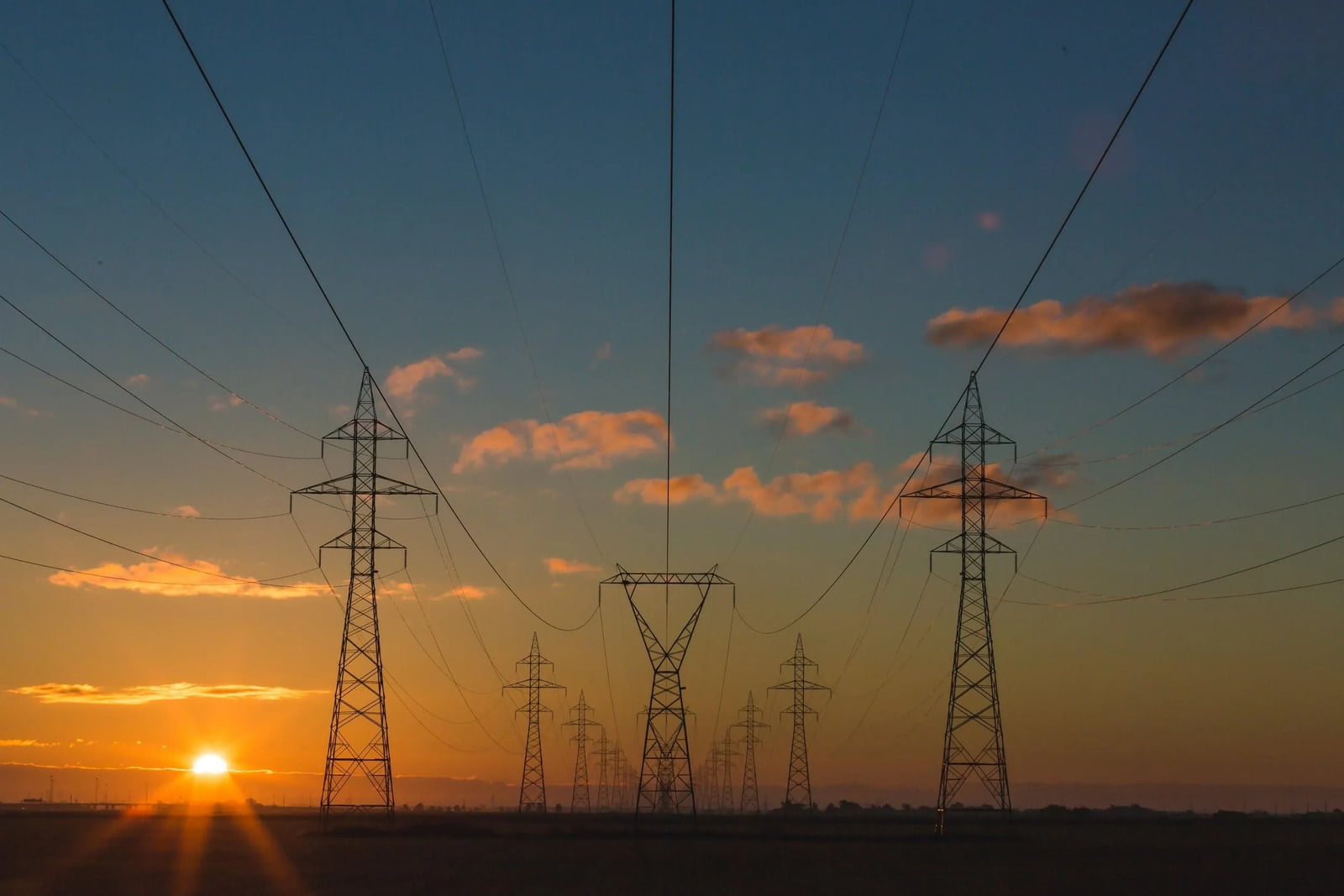
In the dynamic landscape of energy procurement, businesses face crucial decisions that can significantly impact their operations and bottom line. One of the pivotal choices in this realm revolves around the duration of energy contracts: short-term versus long-term agreements. Each option presents distinct advantages and considerations, catering to different organizational needs and market conditions.
Short-term energy contracts offer flexibility and responsiveness in volatile markets, allowing businesses to capitalize on immediate cost savings and adapt quickly to changing energy prices. On the other hand, long-term contracts provide stability and predictability, shielding organizations from market fluctuations and ensuring consistent budgeting over extended periods. To navigate this complex terrain effectively, it is essential for energy procurers to weigh these factors against their operational requirements and risk tolerance, ultimately optimizing their energy procurement strategy to align with both short-term goals and long-term sustainability.
Supply pricing will depend on your commercial or industrial facility load profile, risk tolerance, and strategic timing of the market. The longer your run hours and the higher your load, the more critical it will be to assess your historical data and the future market forecast to make the right decision for a short or long-term contract. There are various reasons to decide on a short-term or long-term contract. Here we will help you explore some of the pros and cons for each, and highlight when it might be best to choose either.
Electric Pricing
Electric energy pricing is influenced by a multitude of interconnected factors that collectively determine the cost structure for consumers and businesses alike. Key factors include the availability and cost of fuel sources such as coal, natural gas, and renewable energies, which directly impact generation costs. Market demand-supply dynamics play a pivotal role, fluctuating based on seasonal variations, economic activity, and weather patterns. Regulatory policies and government interventions also exert significant influence, shaping pricing through mechanisms like subsidies, taxes, and emissions trading schemes. Additionally, infrastructure investments, transmission costs, and technological advancements in energy storage and distribution further contribute to pricing models. Understanding these diverse factors is essential for stakeholders in navigating the complexities of electric energy pricing and making informed decisions in energy procurement strategies.
Natural Gas Pricing
Gas energy pricing is governed by a variety of factors that collectively determine its market cost and volatility. The primary determinant is the supply and demand balance within gas markets, influenced by global production levels, geopolitical tensions affecting supply routes, and seasonal variations in consumption patterns. Pricing is also heavily impacted by the cost of extraction, processing, and transportation of natural gas, which varies based on technological advancements, regulatory requirements, and infrastructure investments. Market speculation and financial instruments such as futures contracts further influence pricing, adding layers of complexity to price discovery. Additionally, environmental regulations, geopolitical events, and weather conditions—especially during winter months—can exert sudden and profound effects on gas pricing, making it a dynamic component of energy procurement strategies for both industrial and residential consumers. Understanding these factors is crucial for stakeholders seeking to navigate the intricacies of gas energy pricing and optimize their procurement decisions.
With so many factors to consider, is strategic energy procurement for the long term or short term better? Let's look at the pros and cons.
Short-term strategic energy procurement for commercial business
Businesses may choose a short-term energy strategy for several reasons:
Flexibility and Adaptability: Short-term contracts offer businesses the flexibility to adapt quickly to changing market conditions, such as fluctuating energy prices or operational needs. This agility allows them to capitalize on opportunities for cost savings or adjust energy usage based on real-time demands.
Cost Savings: Short-term contracts can sometimes offer lower upfront costs or favorable pricing during periods of market downturns or reduced demand. Businesses can take advantage of these pricing fluctuations to manage their energy expenses more effectively in the short term.
Avoiding Long-Term Commitments: Opting for short-term contracts allows businesses to avoid long-term commitments, which may be advantageous if there is uncertainty about future energy needs, market conditions, or regulatory changes. This approach provides more freedom in renegotiating terms or switching providers as needed.
Testing the Market: Short-term contracts enable businesses to test different energy suppliers, technologies, or strategies without being locked into extended agreements. This experimentation can help them evaluate which options best meet their operational and financial objectives before committing to a longer-term arrangement.
Seasonal Variations: Industries with seasonal energy consumption patterns, such as agriculture, hospitality, or retail, may prefer short-term contracts to align energy procurement with their fluctuating operational requirements. This allows for more precise management of energy costs during peak and off-peak periods.
These reasons highlight how a short-term energy strategy can provide businesses with greater flexibility, cost management options, and the ability to respond swiftly to market changes, ultimately supporting their overall operational efficiency and financial goals.
Long-term strategic energy procurement for commercial business
Businesses may choose a long-term energy strategy for several compelling reasons:
Price Stability and Predictability: Long-term energy contracts typically offer stable and predictable pricing over the duration of the agreement. This stability helps businesses to forecast and manage their energy costs more effectively, providing financial predictability that supports budgeting and operational planning.
Risk Mitigation: Long-term contracts can mitigate the risk of price volatility in energy markets, shielding businesses from sudden increases in energy costs that could impact profitability. This risk management aspect is particularly beneficial for industries with high energy consumption or where energy costs are a significant portion of operational expenses.
Security of Supply: Long-term agreements often come with assurances of a reliable and consistent energy supply. This reliability is crucial for businesses that depend on uninterrupted energy availability to maintain operations and meet production or service commitments without disruptions.
Investment in Sustainability: Committing to long-term energy contracts with renewable energy sources or sustainable practices aligns with corporate sustainability goals. It demonstrates a proactive approach to reducing carbon footprint and environmental impact, which can enhance brand reputation and appeal to environmentally conscious consumers and stakeholders.
Leveraging Economies of Scale: Long-term contracts can sometimes offer economies of scale or volume discounts that may not be available with short-term agreements. This can result in cost savings over the contract duration, especially for large-scale energy users or businesses with multiple facilities.
These reasons illustrate how a long-term energy strategy can provide businesses with stability, risk management, sustainability benefits, and potential cost efficiencies, supporting their strategic objectives and long-term sustainability.
Final Answer: Which is better for strategic energy procurement, long-term or short-term?
The choice between a long-term and short-term energy supply contract ultimately depends on the specific needs and priorities of the business. A long-term energy supply contract offers stability, predictable pricing, risk mitigation against market volatility, and potential cost savings through economies of scale, making it suitable for businesses seeking financial predictability, security of supply, and alignment with sustainability goals over an extended period. On the other hand, a short-term energy supply contract provides flexibility to capitalize on market fluctuations, adapt quickly to changing energy needs, and test different suppliers or technologies without long-term commitments. Businesses should carefully assess their energy consumption patterns, risk tolerance, budgetary constraints, and strategic objectives to determine which contract length best suits their operational requirements and overall business strategy.
